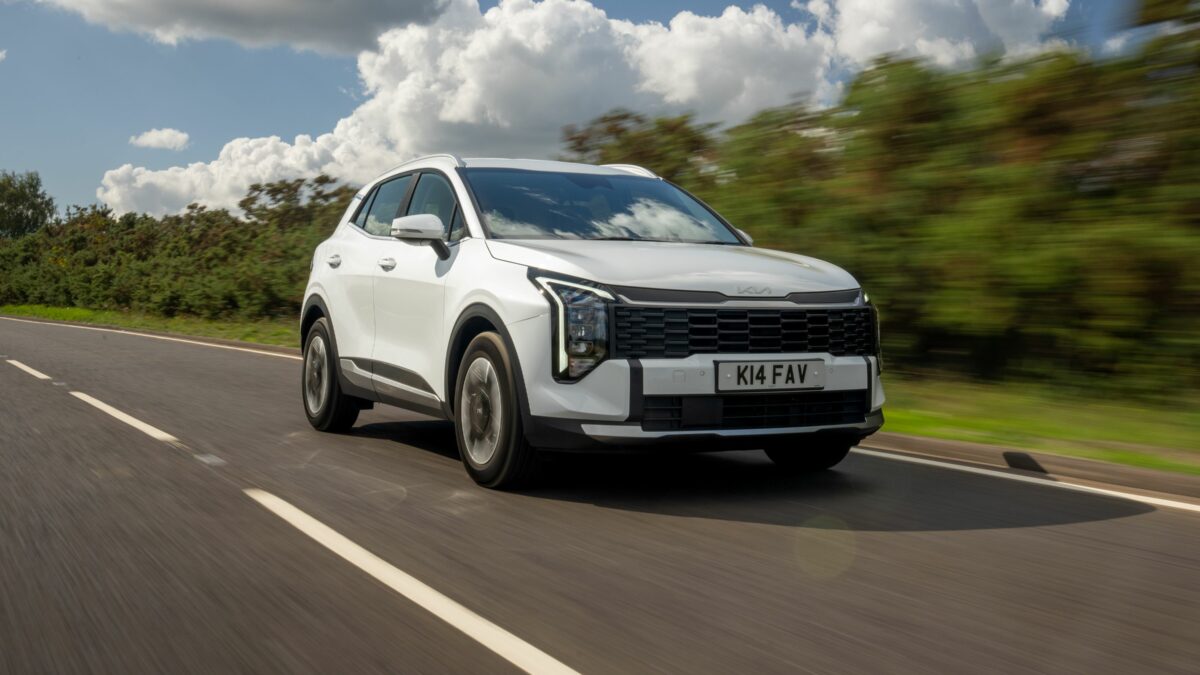
Lincoln Aviator Presidential Takes on Bumps and Dips, Turning Every Trip into a Refined Journey
Road trips and every day driving can easily turn into a tiring journey, especially when the roads get a little rough. But with intuitive technology such as Lincoln-first Adaptive Suspension with Road Preview debuting in the all-new Aviator, a road trip can become an inspiring journey of effortless travel.
Lincoln’s advanced Adaptive Suspension in the all-new Aviator uses a suite of 12 sensors that constantly monitor vehicle motion, body movement, steering, acceleration and braking activities. These sensors read the road 500 times per second and can automatically prompt setting adjustments up to 100 times per second.
“The system in Aviator is so advanced that its sensors speed-read the road ahead and adjust the system faster than a blink of an eye, with more than 23,000 inputs of data per second,” says David Russell, vehicle dynamics technical specialist, The Lincoln Motor Company.
The suspension’s advanced pothole mitigation can sense when a wheel is dropping into a severe dip and stiffens the shock absorber to reduce the amount of drop, lessening the harshness of a tyre strike. Each wheel responds independently, allowing the vehicle to tailor its response to any given road surface. The software was developed in-house – just another example of how Lincoln engineers obsess over each detail.
“Lincoln is more than luxury and Quiet Flight. We also strive to create and supply some of the most intuitive automotive technologies available to our customers,” said Nicolas Lory, managing director of Lincoln Direct Markets. “With Aviator, and the debut of technologies like Lincoln-first Adaptive Suspension with Road Preview, we can see the steps being taken toward becoming a major player for technophiles as well as discerning luxury customers.”
A wealth of technology for an effortless, gliding ride
Intuitive technologies in Aviator all work together to handle virtually all of the unexpected conditions today’s roads can dish out. When paired with the available Adaptive Suspension with Road Preview, Aviator uses the front-facing camera to read the road surface nearly 50 feet ahead as it looks for height deviations. It can spot speed bumps, and other height deviations between two and eight inches high to prepare the suspension and make driving over them as comfortable as possible.
Even greater refinement comes with Aviator’s available Air Glide Suspension, which replaces traditional hard coil springs with guided air springs, enabling several preset ride heights for increased comfort and capability.







